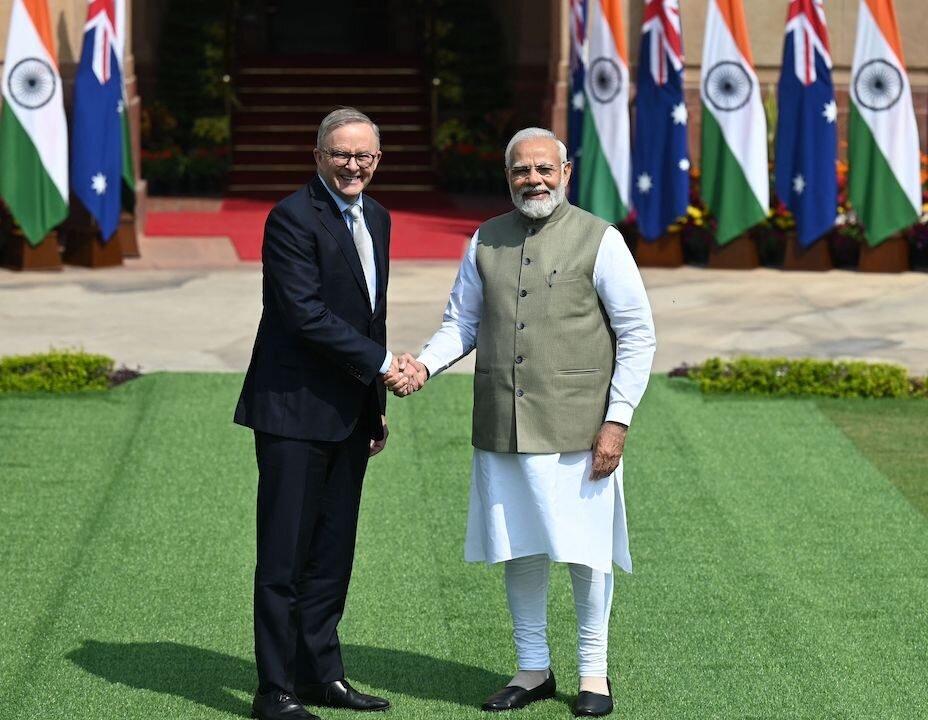Australia and India have jointly called for a peaceful resolution to territorial disputes and rejected the use of force in the South China Sea, where Beijing has been assertively pursuing its claims.
Australian Prime Minister Anthony Albanese and his Indian counterpart, Narendra Modi, issued a joint statement on Saturday urging countries to refrain from engaging in actions that could escalate disputes in the region.





